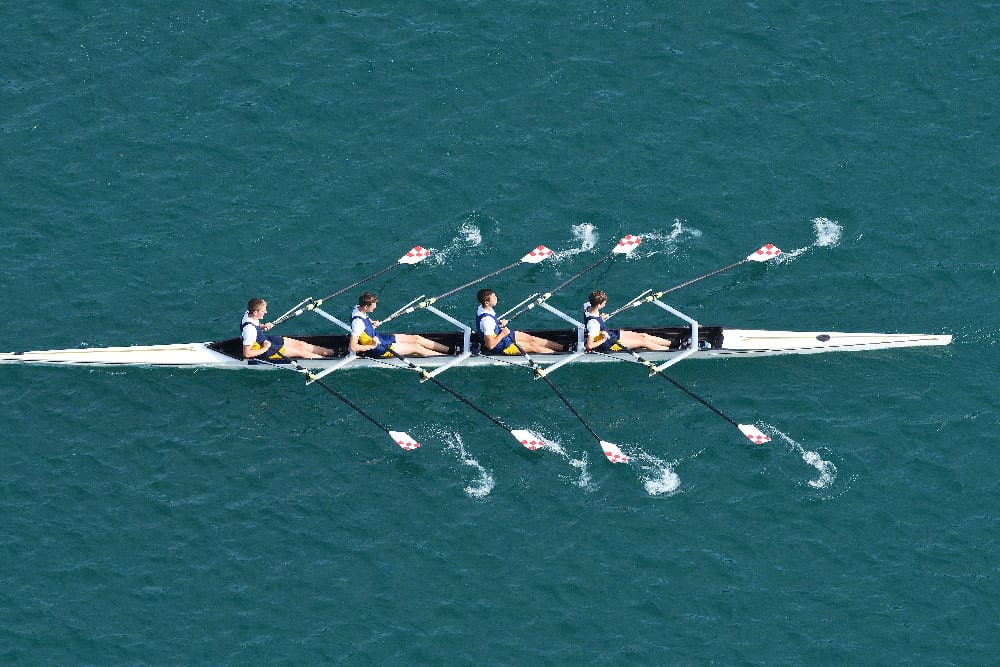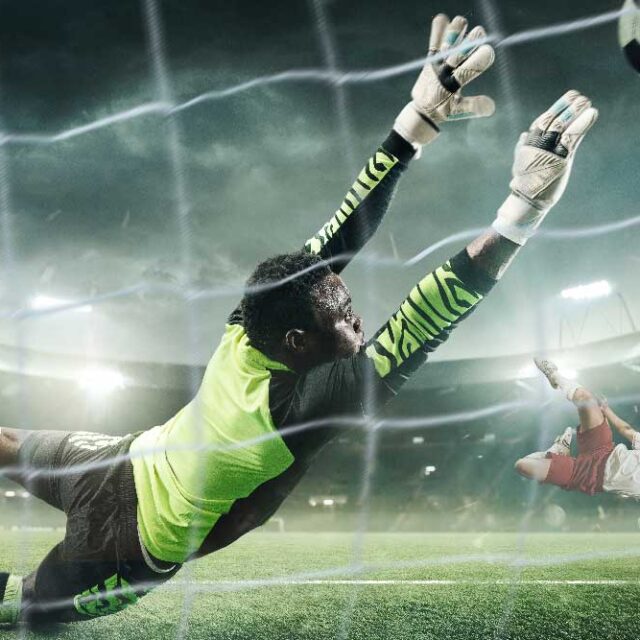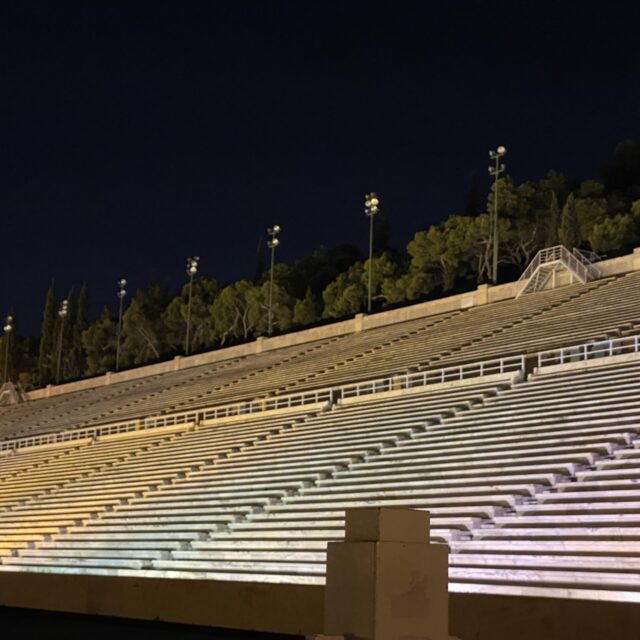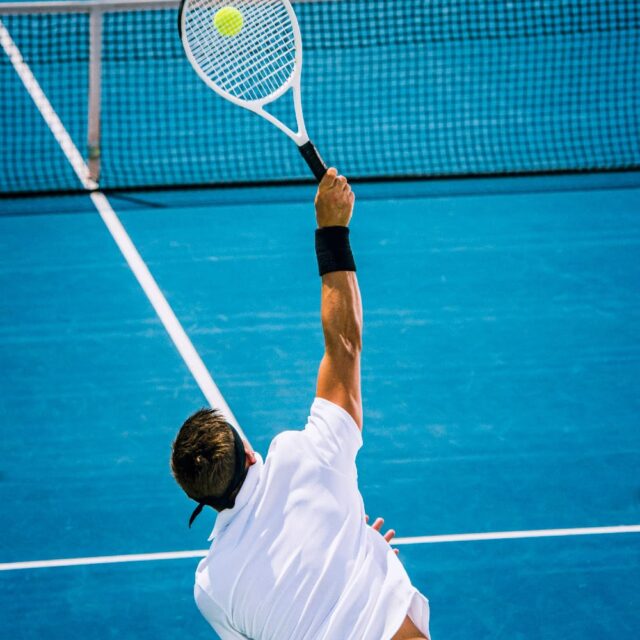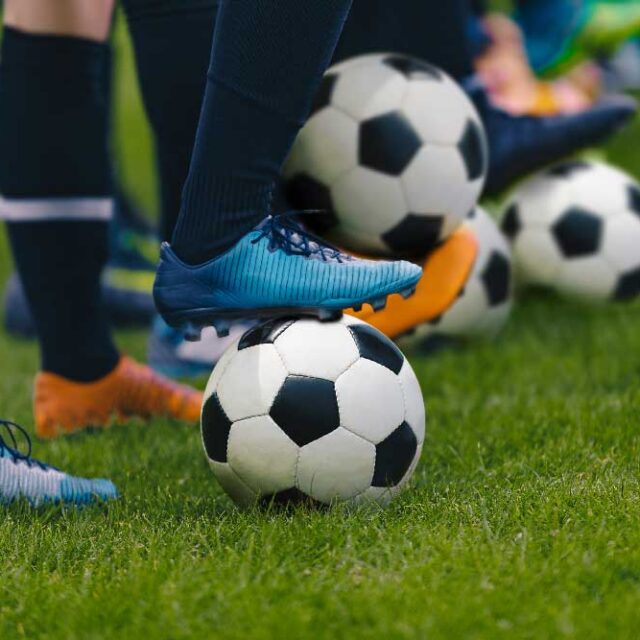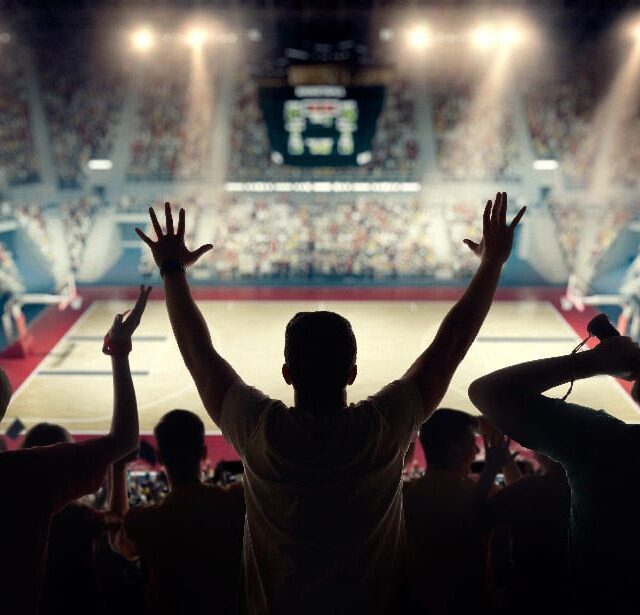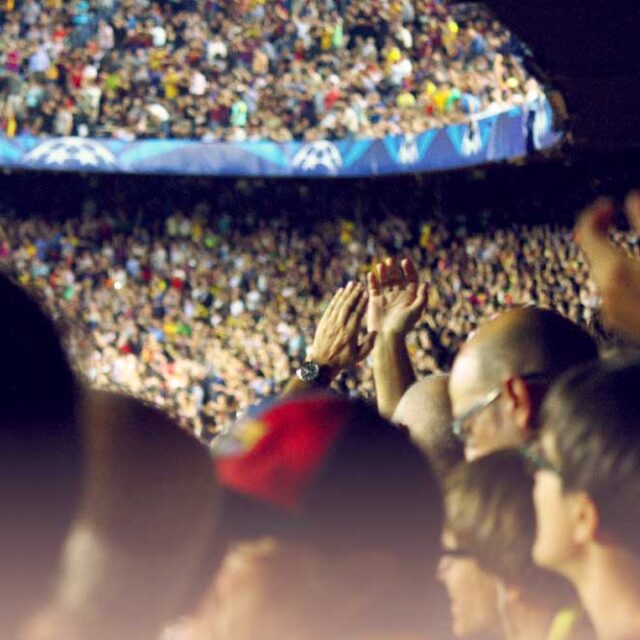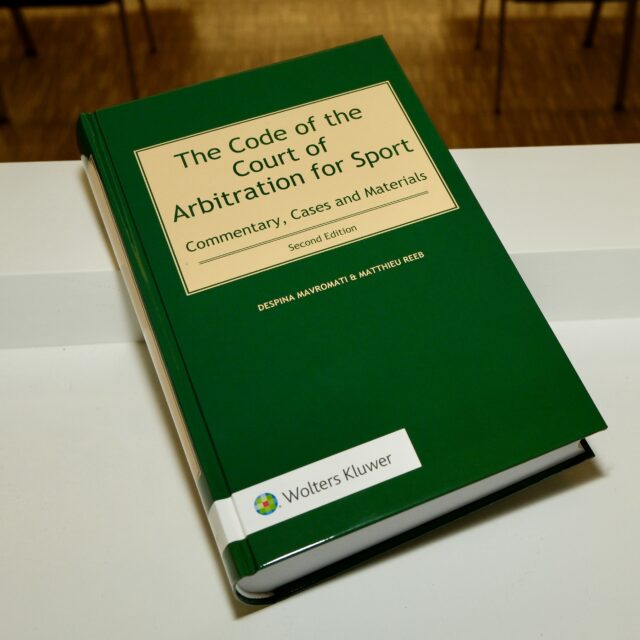A summary of selected CAS & Swiss Federal Tribunal judgments rendered in 2021 & major regulatory reforms
This delayed Olympic year led to a high number of cases that were decided by the Court of Arbitration for Sport (CAS) Ad Hoc Division in Tokyo, but also several ethics- and doping-related proceedings before the CAS, and a few noteworthy Swiss Federal Tribunal judgments. As demonstrated below, several also raised procedural and/or substantive arguments linked to the COVID-19 pandemic.
Starting with the Tokyo Olympics, an interesting qualification case related to the application filed by Georgian tennis players Oksana Kalashinikova & Ekaterine Gorgodze, whose entry had not been properly submitted by their National Olympic Committee (NOC). The panel concluded that, in the absence of an official nomination by the NOC, the International Tennis Federation (ITF) correctly adopted the revised entry list without the players, thus rejecting their application.
The case of the Belarusian sprinter Krystsina Tsimanouskaya became well-known after her urgent application was dismissed by the CAS. Following the decision of the NOC Belarus to not let her participate in the Women’s 200m qualifying event at the Tokyo 2020 Olympic Games, the CAS Ad Hoc Division President dismissed her urgent application for a stay considering that the athlete was not able to satisfy “the likelihood of success requirement” and thus obtain interim relief. The Belarussian sprinter expressed her fears for her safety when she was threatened by her coaches to be taken to the airport in Tokyo against her will. Shortly afterward, the IOC opened disciplinary proceedings against her coaches and removed their accreditation with immediate effect.
A field of play decision involved the French boxer Mourad Aliev who contested the referee’s decision to disqualify him from the Men’s Super Heavy Quarter Final with the British boxer Frazer Clarke. Even though it did not exclude the possibility of a technical error, the Panel confirmed the decision in the absence of a fundamental violation including bad faith, arbitrariness or bias. Colombian boxer Yuberjen Martínez was involved in a similar field of play dispute.
Finally, a case between the Kazak 10km marathon swimmer Vitaliy Khudyakov and FINA was settled amicably: After an additional quota place was granted by the IOC, it was offered by FINA to the Kazakhstan Swimming Federation and the Kazakhstan Olympic Committee nominated Vitaliy Khudyakov for this quota place.
Apart from the delayed 2020 Tokyo Games and the UEFA 2020 Euro taking place in the summer of 2021, this year was also rich in ethics-related proceedings brought in appeal before the CAS.
We can mention, among others, the former African Football Confederation (CAF) President Ahmad Ahmad who appealed a decision of the FIFA Ethics Committee: his appeal was partially upheld and the initially imposed five-year sanction was reduced to two years by the CAS Panel, to the extent that some violations of the FIFA Code of Ethics (FCE)–such as the duty of loyalty or the abuse of power enshrined in Articles 15, 25 and 28 –could not be established. Apart from the Ahmad Ahmad case, several African candidates to the CAF elections brought their appeals to the CAS.
Another interesting ethics-related case is that of the Nigerian football coach Samson Siasia against the FIFA decision that found him guilty of bribery and had initially imposed a lifetime ban. The CAS Panel found the ban disproportionate for a first offence that was committed passively and which had no immediate effect on football stakeholders, also considering that Mr. Siasia had not obtained any gain or pecuniary benefit from his unethical behavior. Inversely, the appeal filed by Brazilian football official Ricardo Terra Teixeira against the FIFA Ethics Committee decision was dismissed by the CAS, which confirmed the lifetime ban for violation of Article 27 FCE (bribery) and the 1-milion CHF fine. The CAS Panel found that his ban was proportionate considering the very high amounts of the bribes, the official’s intentional behaviour, and his responsibility as a role model after holding senior positions in football at national and international levels.
A COVID-19-related case decided in 2021 arose out of the 2020/21 UEFA Nations League: in this case, the CAS Panel confirmed the UEFA Appeals Body decision that had declared the 2020/21 UEFA Nations League match between Switzerland and Ukraine forfeited 3-0 by Ukraine, and held Ukraine responsible for the game not taking place, in line with the UEFA special COVID-19 competitions protocol : even though the entire Ukrainian delegation was placed in quarantine by the health authorities and was thus prevented from playing, the Panel concluded that, in the absence of viable rescheduling options, the rules set out by UEFA were interpreted and applied correctly.
In 2021, the CAS has rendered a relatively interesting decision on the change of football association from Switzerland to Albania regarding the player Nedim Bajrami: overturning the FIFA decision in appeal, the Panel found that the conditions of Article 9 of the Rules Governing the Application of the FIFA Statutes were met since the player never played with the Swiss national team and was already an Albanian national.
Noteworthy doping-related cases in 2021
There have also been several noteworthy doping-related cases this year: first, the Sun Yang case—which started in early 2020—was terminated with a second hearing, and a second CAS award. Following the decision of the SFT to annul the first CAS award for partiality of the Panel President at the end of 2021, a new panel was constituted and reheard the case by video-conference. While finding that the same Anti-doping rule violations (ADRVs) were committed by the athlete as in the first award, it reduced the ineligibility period to four years and three months based on the increased flexibility offered under the 2021 WADA Code related to the consequences of multiple ADRVs.
In April 2021, the CAS issued its decision in the case of the American sprinter Christian Coleman who had challenged his two-year ban for whereabouts failures to the CAS. Even though the CAS Panel confirmed the whereabouts failures under the applicable rules, the Panel reduced his sanction to 18 months considering that his level of fault was somehow reduced by the fact that the Doping Control Officer did not call the athlete, as it would be reasonably expected in line with standard practice.
The case of Shelby Houlihan, who was sanctioned by the CAS with a four year ban for an anti-doping rule violation (ADRV) for allegedly consuming uncastrated boar meat, is set to continue in 2022 as she announced that she challenged the award before the SFT. Furthermore, in September this year, the CAS confirmed the four year ban of Jeffrey Brown and Alberto Salazar: in the consolidated appeals, the panel confirmed the initial sanctions imposed by USADA in 2019 for complicity, trafficking and other ADRVs.
A less common eligibility case involving the US bilateral transtibial amputee sprinter Blake Leeper and World Athletics started with a first CAS award issued in 2020, while his application to set aside the first CAS award before the SFTand his second appeal to the CAS were both dismissed in June 2021. Blake Leeper appealed against the decision rendered by the World Athletics Mechanical Aids Review panel, which did not allow him to use his Running-Specific Prostheses (RSPs) on grounds that the height of the proposed RSPs gave him a competitive advantage over other athletes. The CAS Panel confirmed the Review panel’s decision, concluding that the specific RSPs gave, through extra height, a running-speed advantage, referring among others to the MASH (Maximum Allowable Standing Height) method to assess the maximum “natural” height of double amputee athletes. The Panel dismissed the athlete’s argument that such method was not validated by reference to Black athletes of African descent and concluded that, based on a balance of probabilities, Mr. Leeper’s proposed RSPs gave him a competitive advantage, while a less-intrusive alternative did not exist.
A selection of SFT judgments rendered in 2021
In June 2021, the SFT issued its judgment on the unsuccessful application of Blake Leeper against the first CAS award, invoking among others a violation of the prohibition of discrimination under Art. 14 of the European Convention on Human Rights (ECHR), of pacta sunt servanda and of human dignity. The SFT reiterated that the provisions of the ECHR are not directly applicable as a ground for setting aside an arbitral award in Switzerland and recalled the very limited scope of pacta sunt servanda. In essence, the SFT held that the CAS Panel had not determined whether or not the MASH rule was legally permissible or applicable to all athletes but rather concluded that the sprinter had a competitive advantage as a result of his use of RSPs.
In the judgment 4A_612/2020 of 18 June 2021, a former biathlete’s doping-related case was heard by the Anti-Doping Division of the Court of Arbitration for Sport (CAS ADD) acting as the first-instance tribunal, with the athlete arguing that the CAS ADD had no jurisdiction. Following the notification of the CAS ADD award, and pending the outcome of his appeal to the CAS, the biathlete filed a motion to set aside the CAS ADD award before the SFT instead of expecting the outcome of the appeal proceedings. In its judgment, the SFT refrained from determining whether the CAS ADD was a “true court of arbitration”, simply reminding that the internal tribunals of sports federations are not arbitral tribunals and their decisions are simple acts of management rather than judicial acts. As such, their decisions cannot be brought before the SFT directly but only challenged based on Art. 75 CC (if Swiss law applies). The SFT concluded that the athlete’s motion to the SFT was inadmissible in that that the prior available instances had not been exhausted.
A transfer-related dispute between two football clubs affiliated with the Colombian Football Federation (FCF) was brought to the CAS in appeal after exhaustion of the available national remedies (4A_564/2020 of 7 June 2021). While the CAS accepted its jurisdiction, the SFT annulled the CAS award concluding that the CAS panel had incorrectly interpreted the “pro arbitration” and contra proferentem principles and that the applicable rules did not provide for the appeal to the CAS in the particular case. The lack of review of the national tribunal’s decision by an independent arbitral institution was found to be immaterial for the determination of the CAS’ jurisdiction.
The dispute between a Romanian football club that fell into bankruptcy in 2016 and two football players both ended up before the SFT (4A_200/2021 of 21 July 2021). The latter invoked lack of the CAS’ jurisdiction that rendered the challenged award, to the extent that insolvency proceedings are of a mandatory nature not arbitrable under Romanian law. The SFT recalled that arbitrability is a condition for the validity of the arbitration agreement and, under Swiss law, includes all disputes of pecuniary nature. Despite the fact that Swiss enforcement law is a matter of public policy, the case at hand involved two football players with pecuniary claims against their former club, thus falling within Art. 177 Swiss PILA. What is more, the club had become solvent prior to the issuance of the arbitral award, rendering thus any questions regarding the exclusive state jurisdiction irrelevant. In the same judgment, the SFT reminded that the double level of jurisdiction is not a matter of procedural public policy and that there is a difference between violation of public policy and arbitrariness, which is only a ground for annulment of an arbitral award in domestic arbitration under the Swiss Code of Civil Procedure.
In this football-related dispute (4A_324/2021 of 3 August 2021), the applicant—represented by legal counsel—had sent its statement of appeal to the CAS by e-mail and failed to send it by courier within the granted time limits, invoking force majeure due to the COVID-19 pandemic. The appeal was declared inadmissible by the CAS Division President and this decision was later confirmed by the SFT, which recalled the very limited scope of review in case of non-compliance with the form requirements and the applicable time limits.
Another interesting SFT judgment was rendered in August confirming a CAS award finding that a biathlete had committed ADRVs during the winter Olympics in Sochi (4A_644/2020 of 23 August 2021): in her application to have the CAS award annulled by the SFT, the biathlete invoked, among others, the lack of structural independence of the CAS, referring to the Mutu and Pechstein judgment and reproducing the arguments raised in the dissenting opinion of the two judges in the ECHR judgment. The SFT swiftly dismissed these arguments to the extent that the athlete failed to raise similar concerns at the outset of the arbitration. The questioning of the structural independence of the CAS based on the fact that the president of the panel was appointed by an ICAS member (and more specifically the President of the Appeals Arbitration Division), allegedly influenced by the IOC, was equally dismissed by the SFT.
In the same procedure, the athlete alleged a violation of Article 6 para. 1 ECHR with respect to her right to a public hearing: Due to the COVID-19 pandemic, the CAS had suggested a limited number of persons in the hearing room or, alternatively, the adjournment of the hearing at the athlete’s expense. Similar to the Leeper case, the SFT recalled that the provisions of the ECHR cannot be used as direct grounds for appeal to the SFT and can only be accepted to the extent that they specifically fall within the grounds enumerated in Art. 190 (2) PILA. The SFT eventually dismissed the athlete’s arguments based on the principle of good faith: even though the athlete argued before the SFT that she did not freely consent to the continuation of the hearing on the terms set by the panel, she failed to do so during the hearing and she did not complain that the hearing was not broadcast live on the CAS website. Furthermore, the SFT held that the limitation of persons present in the hearing was in the overriding public interest amidst the COVID-19 outbreak. Finally, the SFT confirmed that the principles of the presumption of innocence and in dubio pro reo do not apply to sports arbitration.
On a slightly different note, the well-known case of South-African athlete Caster Semenya is set to continue before the European Court of Human Rights (ECtHR): following her application in February 2021, the ECtHR will hear her case on a priority basis and decide on the alleged violation of several provisions of the ECHR, including the prohibition of discrimination and the right to respect for private life.
Regulatory amendments and major sporting events in 2022
From a regulatory perspective, the amended FIFA Rules on the Status and Transfer of Players (RSTP) came into force in October 2021, bringing the various FIFA dispute resolution chambers under the umbrella of the “Football Tribunal” including the new “Agents Chamber” that will decide disputes involving agents upon the approval of the FIFA Football Agents Regulations. The new rules also foresee free proceedings in cases involving at least one natural person and the initiation of a FIFA mediation list, in order to encourage recourse to free mediation proceedings for football-related disputes.
2022 will (again) be an Olympic year and this will likely lead to a plethora of CAS judgments rendered both by the CAS in Lausanne and the CAS Ad Hoc Division that will be present in Beijing; furthermore, the FIFA World Cup and the Asian Games will also take place in 2022, probably with a CAS ad hoc division in charge of cases arising from these events.
Note: this compilation was first published in LawInSport.

